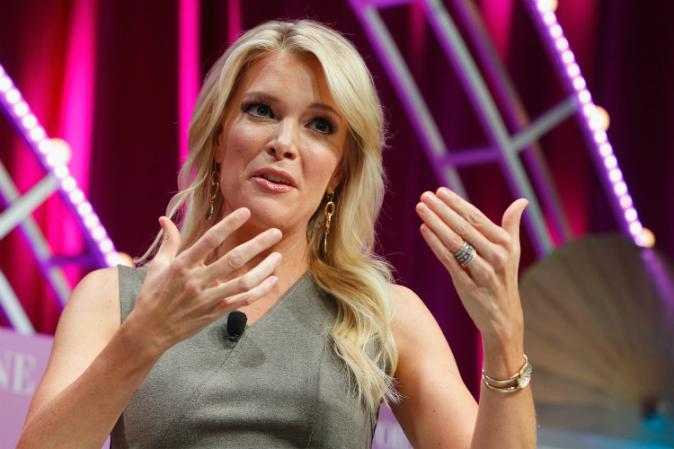Katie Ledecky is the future of swimming, according to Michael Phelps.
Following her breakout performance at the 2016 Rio Olympic Summer Games—winning four gold medals and one silver—Ledecky’s earning potential has increased and she could possibly earn millions of dollars.
However, the 19-year-old has chosen to turn down the millions she could earn as a professional swimmer and instead enroll at Stanford University as a student athlete.
“I’ve really enjoyed being an amateur and I think there are some pressures that come with being a professional swimmer,” she said in an interview with the Boston Globe on Aug. 14. “And I don’t think I was ready for that.”
She continued, “I’m only 19 and I don’t feel like I need to represent something bigger than my teammates, coaches, friends, and family. Down the road I want to be a professional swimmer but first I want to get an education. These last four years would have been a little different if I'd been a professional, for sure.”
Ledecky reiterated the same points in an interview with ESPN Radio’s “Mike and Mike” on Aug. 25. The college freshman said the decision to not turn pro came fairly easy.
“I’ve always wanted to swim collegiately and have that experience. I think it is going to be a lot of fun to be on a team with some really great friends and great swimmers and also just go to class with them,” she said. “I know we have a really great team, and I am excited to get to Stanford and see what we can do.”
Olympic gold medalist Simone Manuel is a member of Stanford’s swim team.
According to Olympic sports marketing expert Bob Dorfman, Ledecky is missing out on around $5 million.
“Ledecky would be the aquatic darling of the Games and could command as much as $5 million annually in endorsement income by turning pro,” Dorfman told ESPN. “Obviously the challenge is maintaining high visibility during non-Olympic years, but with her personality and likability, combined with the ever-growing influence of social media, the potential for longer-term deals is there.”
But can’t Ledecky still earn millions as a student athlete? According to the National Collegiate Athletic Association (NCAA), no.
To maintain collegiate eligibility at an NCAA school, there are rules that student athletes must abide by.
NCAA rules states that “Student-athletes may not receive any type of pay or compensation for play (either directly or indirectly)” or be “involved in any commercial endorsements for a product, service or establishment.”
Athletes—and their schools—that have broken eligibility rules have faced sanctions in the past.
In 2010, the NCAA vacated the 2004 football wins of the University of Southern California Trojans—including the team’s national championship—after it was revealed that then-student athlete Reggie Bush forfeited his amateur status by accepting gifts.
Bush, who now plays in the NFL, was also forced to forfeit his Heisman Trophy.




